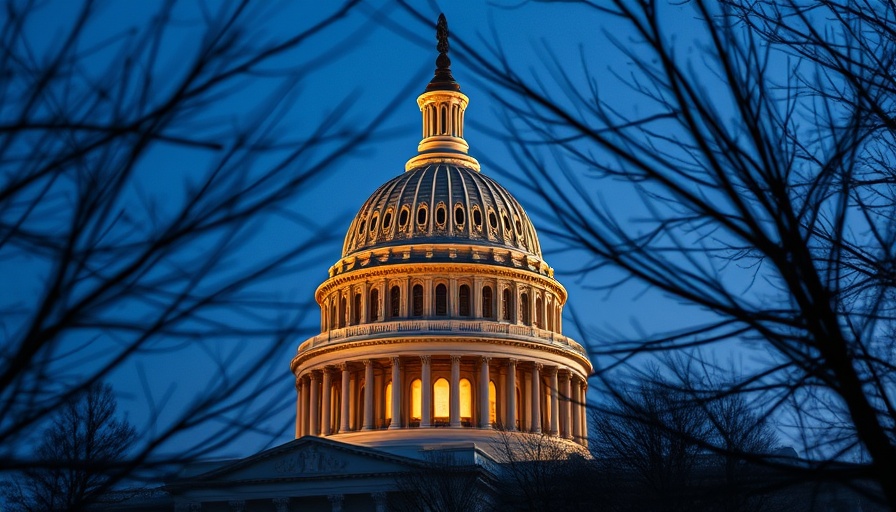
Exploring the Impact of Proposed Medicaid Cuts
The recent analysis from the Congressional Budget Office (CBO) has raised alarm bells regarding the potential fallout from the GOP reconciliation bill. By 2034, nearly 11 million individuals could become uninsured, highlighting the critical implications of proposed Medicaid cuts. These cuts, primarily impacting low-income individuals and families, are underpinned by a shift toward requiring beneficiaries to report work or educational activities to maintain coverage. This policy change is projected to reduce federal spending significantly, but at the cost of millions losing vital health insurance.
Why Medicaid Matters for Health and Wellness
Medicaid serves as a lifeline for millions, particularly those with chronic diseases who rely on consistent medical care. The proposed changes, including more stringent eligibility checks, may inadvertently create barriers to access, ultimately jeopardizing the health of vulnerable populations. As the wellness community increasingly recognizes the interconnectedness of access to healthcare and overall quality of life, the stakes of this legislation become increasingly clearer.
Broader Ramifications of Health Reform
While advocates for fiscal responsibility argue that cutting Medicaid will save costs, critics contend that these savings come at a dire human cost. The rollback of ACA provisions, such as the elimination of early enrollment periods and restrictions on subsidy claims, threatens to reinstate higher uninsured rates reminiscent of pre-ACA conditions. As consumers, particularly those embracing holistic health solutions or eco-conscious practices, it is crucial to understand how these legislative changes embody a larger shift that prioritizes budgets over basic healthcare provisions.
The Path Forward: Prioritizing Health Access
With healthcare access under siege, active engagement becomes imperative. Consumers, particularly those invested in enhancing their health through integrative methods, should advocate for more inclusive policies and support initiatives that protect Medicaid. Navigating this shifting landscape demands not just awareness of political developments but also participation in dialogues that prioritize wellness for all.
 Add Row
Add Row  Add
Add 




 Add Row
Add Row  Add
Add 



Write A Comment